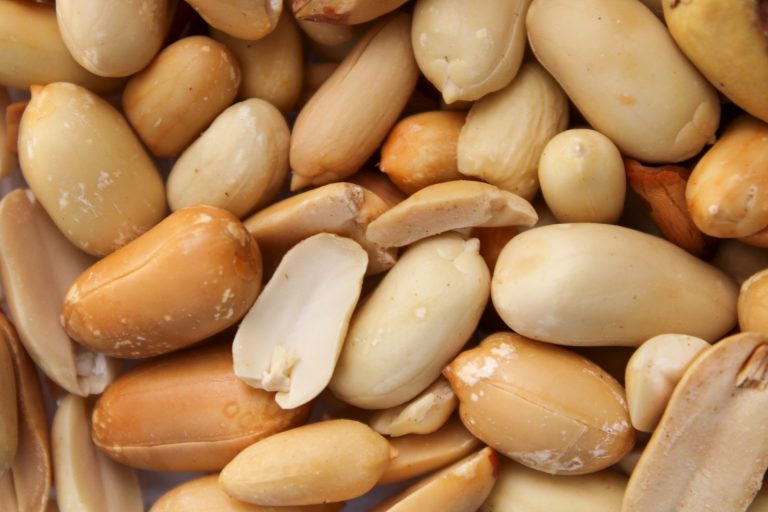- South Africa gains breakthrough access to China’s fruit market
- $21mn deal to boost jobs and diversify exports
CAPE TOWN, SOUTH AFRICA – South Africa has clinched a $21mn trade protocol with China, opening the Asian giant’s vast fruit market to five of the country’s prized stone fruit varieties for the first time.
Agriculture Minister John Steenhuisen and China’s General Administration of Customs signed the agreement, which permits the export of apricots, peaches, nectarines, plums, and prunes under a single protocol. The move positions South African producers to tap into a market that imported more than 41 million cartons of peaches and plums last year.
“This agreement is a breakthrough for South African fruit producers and exporters at a moment when diversification is of paramount importance to our agricultural resilience,” Steenhuisen said.
The deal is expected to generate around $21 million in export revenue within its first two seasons, with $1.5 million projected in 2025/26 and $2.9 million in 2026/27. Officials say it will help offset the impact of US tariffs – particularly on plums – and create long-term growth opportunities.
Strategic shift towards Asia
“This protocol is not just a trade win – it’s a strategic pivot toward high-growth consumer markets. China’s rising demand for premium fruit offers South Africa a chance to rebalance its export portfolio and reduce exposure to tariff-sensitive regions,” Cape Town–based trade analyst Neil David told Allen Dreyfus.
China’s appetite for stone fruit continues to soar, with imports surpassing 21 million cartons of peaches and nectarines and 20 million cartons of plums in a single year – more than South Africa’s total seasonal exports combined. By 2032/33, China could account for about 5% of South Africa’s total stone fruit exports.
The Department of Agriculture estimates the deal could create roughly 350 new farm and packhouse jobs, rising to 600 when including transport and packaging. Officials also say the agreement complements China’s Belt and Road Initiative investments in South Africa’s ports, railways, and highways – key to supporting agricultural logistics.
Steenhuisen confirmed talks are under way to reopen beef trade with China and regionalise foot-and-mouth disease controls. A planned technical visit to cherry and blueberry orchards may further expand market access by the next harvest period.
While the projected returns are ambitious, experts say the agreement underscores South Africa’s growing agricultural diplomacy and recognition of shifting global consumption patterns. Maintaining product quality and efficient logistics will be vital to sustaining access to China’s booming market.











